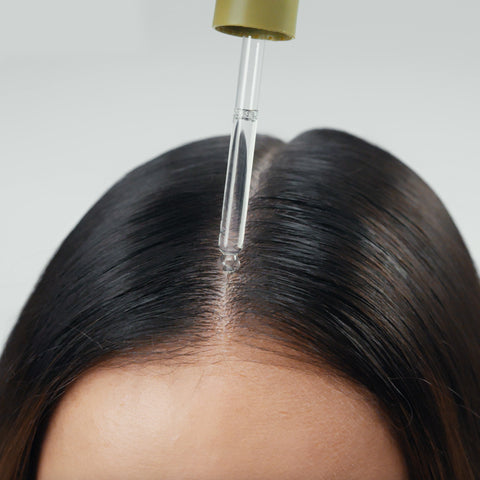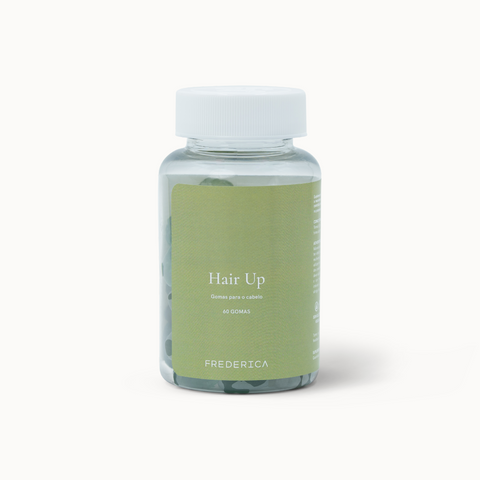Although some mothers-to-be report that their hair becomes shinier during pregnancy, others experience hair loss during pregnancy or in the months immediately following the birth of the baby.
What causes hair loss during pregnancy?
Although concerning, hair loss is common and can be caused by hormonal factors, stress or medical conditions that accompany pregnancy. We all lose, on average, around 50 to 100 strands of hair per day.
During pregnancy, increased estrogen levels slow down the natural cycle of hair follicle shedding and, as a result, some women may lose less hair during pregnancy. However, not infrequently, the opposite happens.
Hair loss during pregnancy can be caused by:
- Hormonal changes. Some women may experience hair loss due to stress , as the balance of hormones changes drastically to support the growing baby.
- Health problems. Health problems can arise during pregnancy, something that can result in greater hair loss. This situation can worsen if it is related to an ongoing hormonal imbalance or a lack of essential vitamins.
- Post childbirth. Many women lose more hair a few months after giving birth. This is excessive hair loss caused by a reduction in estrogen in the body.
There are also genetic and autoimmune diseases that cause hair loss, whether you are pregnant or not. Androgenetic alopecia (common baldness) is caused by a shortened growth phase of hair follicles and a prolonged time between hair loss and new growth. There is no cure for this type of hair loss, but certain treatments can help stop hair loss and promote hair growth.
Treatment
Hair loss during and after pregnancy may not require any special treatment. It generally resolves over time.
Most existing medications to resolve this issue are not recommended during pregnancy. The same applies after birth, during breastfeeding. Talk to your doctor to take the safest route and treat this problem with maximum safety.
Prevention
Eating a healthy, balanced diet and focusing on getting protein, iron and other important nutrients is the first step. But, in addition, there are other small aids you can use:
- Ask your doctor if any of the medications/supplements you are taking may contribute to hair loss;
- Avoid very tight or up-do hairstyles that pull the hair too much;
- Wash your hair carefully and use a wide-toothed comb to avoid pulling your hair too hard during detangling;
- Avoid aggressive treatments or straightening;
- Use shampoos and conditioners with light formulas. Heavy formulas can weigh down your hair. When conditioning, focus on the ends of your hair rather than the scalp.
Recovery
Hair loss during and after pregnancy is normal. It is likely to regain its normal growth within six to nine months. However, if it continues, consider contacting your doctor to see if there is another possible cause for this problem.
TAKE CARE OF YOUR HAIR WITH THE HAIR UP FREDERICA SUPPLEMENT.
Hair Up gummies are a food supplement formulated with biotin, zinc and vitamins B6 and B12, which contributes to maintaining cared for and stronger hair. Just take two gummies a day for three months and the results will be visible. Talk to your doctor before starting this treatment and follow this link to secure your package.
Source: Healthline.























